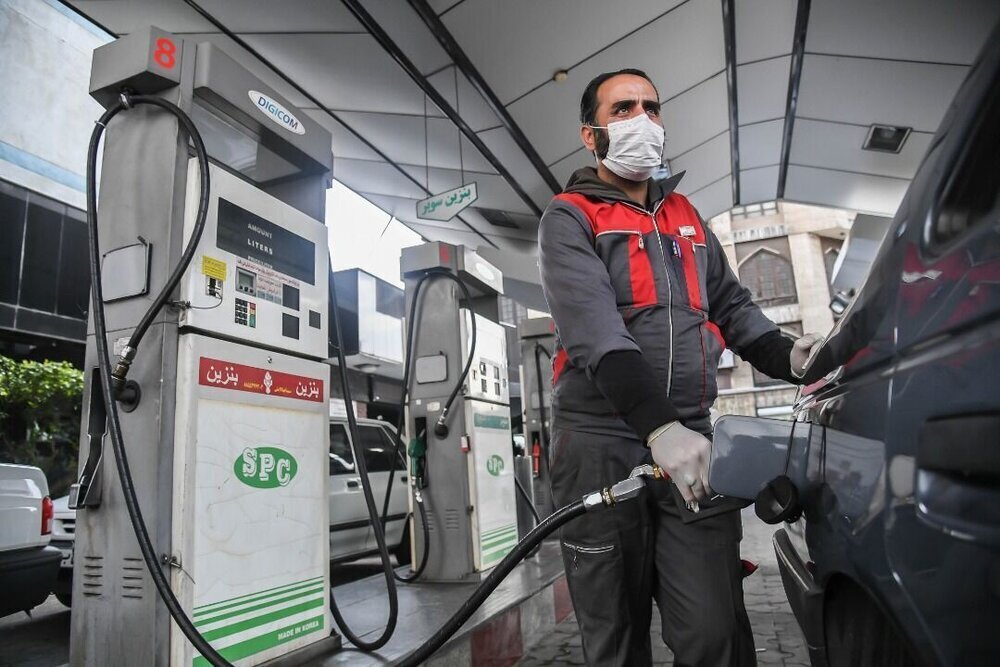Average daily gasoline consumption reaches 122m liters

TEHRAN - Average daily gasoline consumption in Iran has reached about 132 million liters in the first 12 days of the current Iranian calendar year (March 20-31), according to the National Iranian Oil Products Distribution Company (NIOPDC).
Based on the NIOPDC data, during the Nowruz holidays this year, 122.3 million liters of gasoline were distributed in the country on average, which is 6.7 million liters more than the 115.6 million liters during the same period last year, Shana reported.
On Sunday (March 31), 128.8 million liters of gasoline were distributed throughout the country, which has increased by more than one million liters compared to the same day last year when the figure was 127.9 million liters.
The NIOPDC has warned about the increasing trend of fuel consumption in the country and asked people to manage their consumption in order to help the company in supplying fuel.
Over the past few years, the Islamic Republic has managed to not only become self-sufficient in gasoline production but also become a net exporter of the strategic fuel, however, the significant increase in domestic gasoline consumption in recent months has once again raised concerns about the need for imports.
Iran became a net gasoline exporter in February 2019, after the inauguration of the third phase of the Persian Gulf Star Refinery (PGS) project which added 120,000 barrels to the country’s daily gasoline production.
As previously announced by the NIORDC managing director, the average daily gasoline consumption in Iran rose 11 percent in the past Iranian calendar year 1402 (ended on March 19).
The official said that the country’s average daily gasoline production has reached 115 million liters.
He added: "Unfortunately, gasoline consumption is rising exponentially in the country, as we had a 20 percent increase in gasoline consumption in 1401, while last year we had an 11 percent rise, and without a doubt, special attention should be paid to fuel consumption management."
There are now over 30 million cars in the country, and the number is rising, and on the other hand, the amount of fuel consumption in the country is far from world standards, and cars are high-consuming, which should be taken into consideration, the official added.
The NIORDC managing director further explained that the annual entry of one million cars into the country's transportation fleet is equivalent to one billion liters of gasoline consumption, and this requires the construction of a refinery with a daily refining capacity of 150,000 to 200,000 barrels, which takes at least four to five years.
EF/
